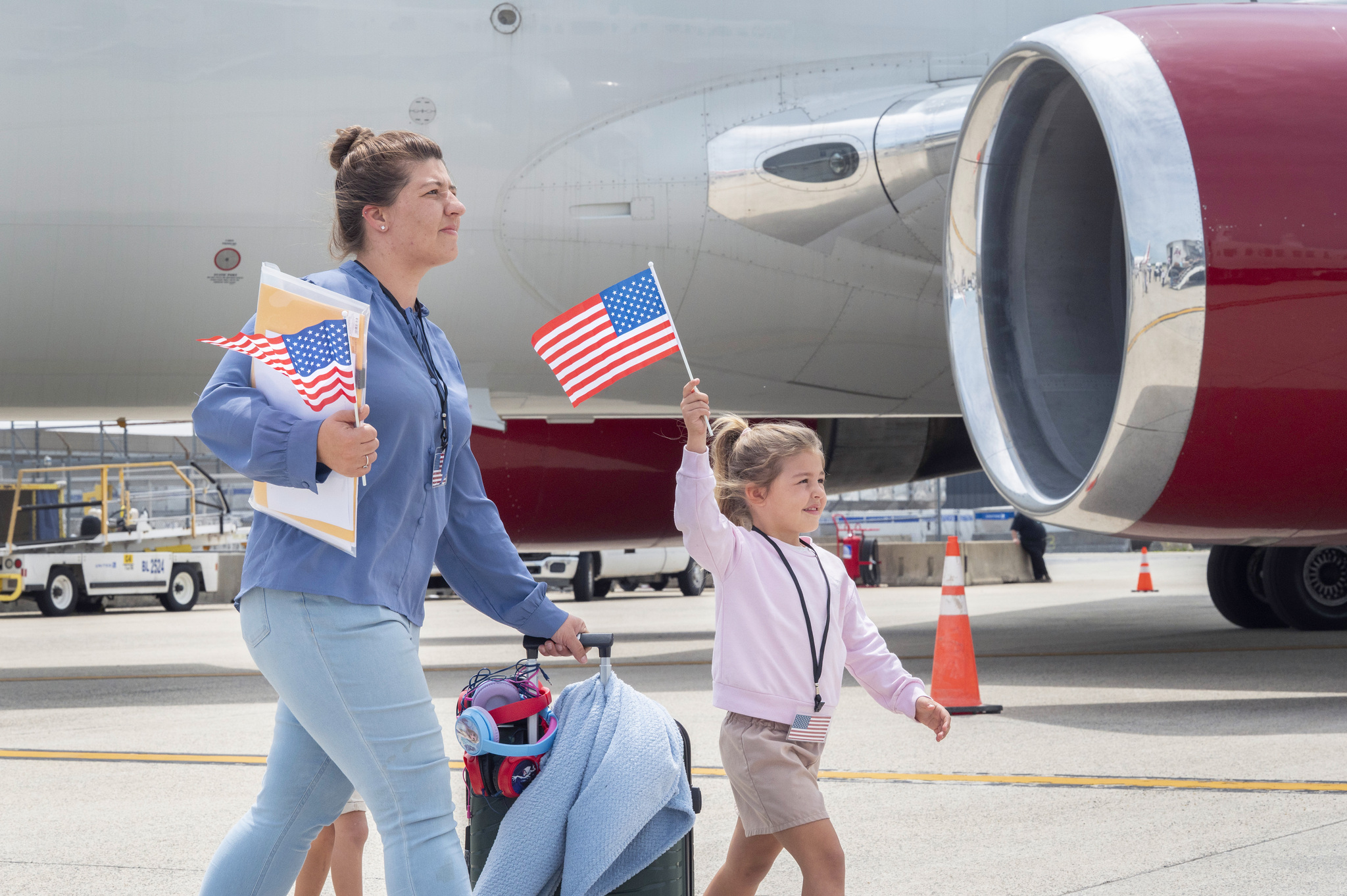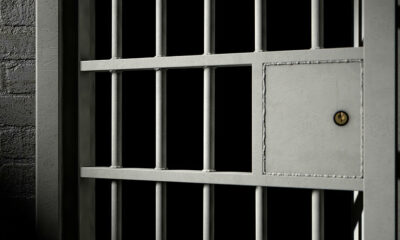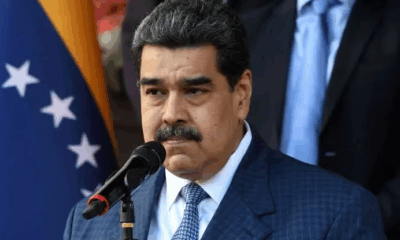News
Stranded and Stunned: Afrikaner ‘Refugee’ Family in the US Faces Cold Reality

They left everything behind in search of a better life, but instead, they’ve landed in limbo.
An Afrikaner family of four, who recently arrived in the US under refugee status, has reportedly been left stranded in a Montana hotel room without food, money, or even a cellphone to call for help. Their plea for assistance surfaced through a Facebook post and was later amplified by a fellow South African expat on TikTok, opening a window into a little-known wave of South Africans seeking refuge abroad and the harsh realities that come with it.
@catpmt What would you do? #traumatok #southafricanrefugees #southafricatiktok #tsek #anxiety #livingintheusa ♬ original sound – Cat’s Tales
Chasing the Dream, Facing the Fallout
For many South Africans, the idea of escaping political instability, crime, or perceived racial persecution is deeply emotional particularly among conservative Afrikaners who feel increasingly sidelined in their homeland. Some have turned to the United States’ Priority-2 Refugee Program, which offers assistance to groups claiming persecution based on religion, ethnicity, or politics.
But the dream of arriving in America to a fully furnished home, a job, medical aid, and a ready-made community is, for some, proving to be an illusion.
According to the South African TikTok user @catmpt, who encountered the family online, there’s a common misconception that refugee status comes with instant comfort. “They thought they were coming into a new life, but instead they’re stuck in a hotel with nothing, no food, no jobs, no way to call home,” she said in her video.
Despite her own frustrations about how she and her husband followed all the “legal steps” years ago, she still offered the family a car. “Because at the end of the day, I’m still a humanitarian,” she added.
Who’s Responsible for Refugee Support?
While many in the South African diaspora are trying to help where they can, government channels are clear: don’t expect help from home. DIRCO (the Department of International Relations and Cooperation) has stated that refugees abroad cannot seek assistance from South African embassies.
These families fall under the jurisdiction of the US Refugee Admissions Program (USRAP), a system launched during the Trump administration to support people fleeing persecution. Under this system, families may be eligible for housing, work opportunities, and social support, but the rollout appears to be slower or more fragmented than anticipated by new arrivals.
‘You Can’t Have a Braai and Still Call Yourself a Refugee’
Chrispin Phiri, a spokesperson for DIRCO, offered a blunt reminder that seeking refugee status carries legal and symbolic weight.
“If you’re claiming persecution, you can’t hop back to South Africa for a weekend braai and then return to the US. That defeats the whole purpose of refugee protection,” he said.
This underscores a key tension: if life in the US isn’t working out, can these families come back? Technically, yes — through voluntary repatriation, often facilitated by the UNHCR. But they would first need to formally renounce their refugee status, which can come with red tape and emotional upheaval.
Social Media Reacts: Sympathy or Cynicism?
The situation has triggered a flurry of online debate. Some South Africans sympathize deeply, pointing out how desperate life has become for many white working-class families, especially those who feel politically and economically marginalised.
Others, however, are more critical, suggesting that these families misunderstood the reality of immigration. “It’s not a fairy tale,” one user wrote. “You can’t just land and expect a house, job and free medical. That’s not how it works — not even in America.”
The Bigger Picture: Why Some Afrikaners Are Leaving
This story touches on something deeper: a growing but largely underreported trend of white South Africans, especially Afrikaners, emigrating under the radar, driven by fear, economic uncertainty, or disillusionment with the state.
The use of “refugee” status for white South Africans remains controversial. Critics argue it distorts the intent of refugee policy and detracts from cases of more overt political or wartime persecution elsewhere in the world. Yet others say that marginalisation even if subtle or economic is a form of persecution too.
Where to From Here?
For this particular family in Montana, their story is still unfolding. Their Facebook post and @catmpt’s TikTok have sparked conversations, donations, and debate, but also spotlighted the gap between expectation and reality in America’s immigration system.
As more South Africans consider drastic moves abroad, the question lingers: Are they being misled, or are they simply desperate enough to believe?
The American Dream still has allure, but it’s not a packaged deal. For those leaving South Africa, preparation, realistic expectations, and a clear-eyed understanding of refugee law might mean the difference between a new life and a lonely hotel room.
54 Afrikaners Resettle in US as Refugees, Sparking Outrage in SA
{Source: IOL}
Follow Joburg ETC on Facebook, Twitter , TikTok and Instagram
For more News in Johannesburg, visit joburgetc.com



























